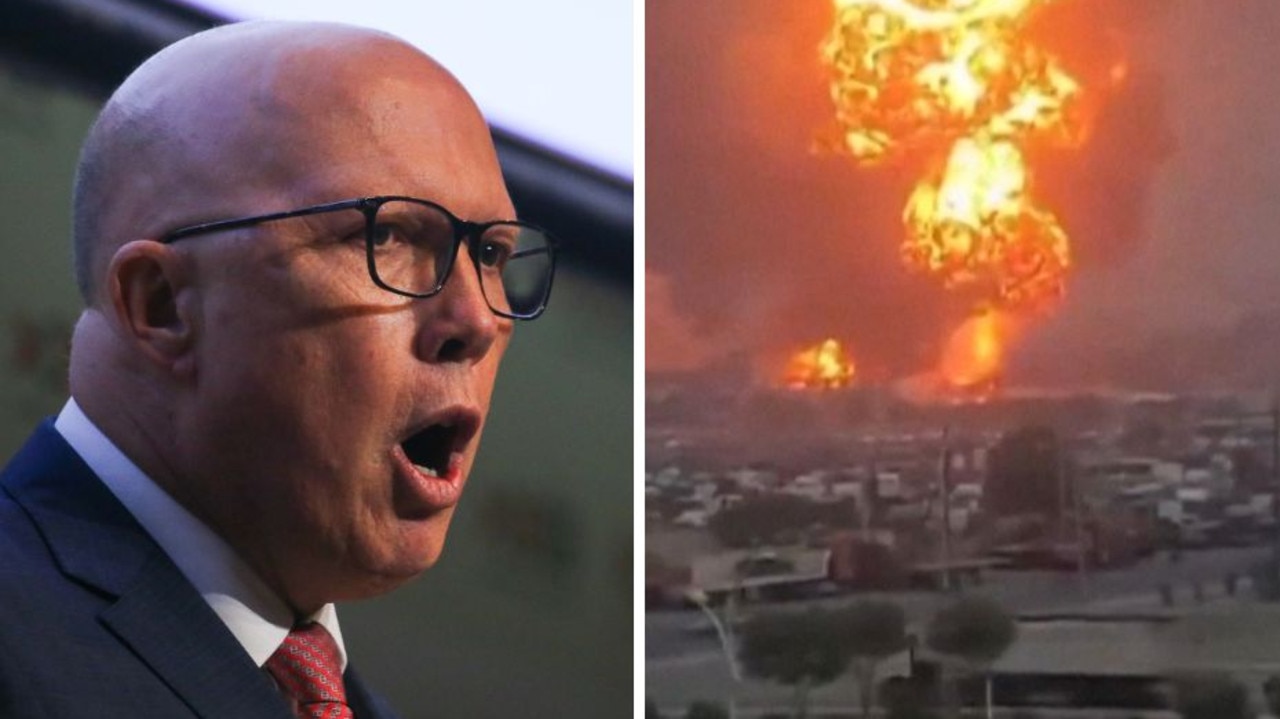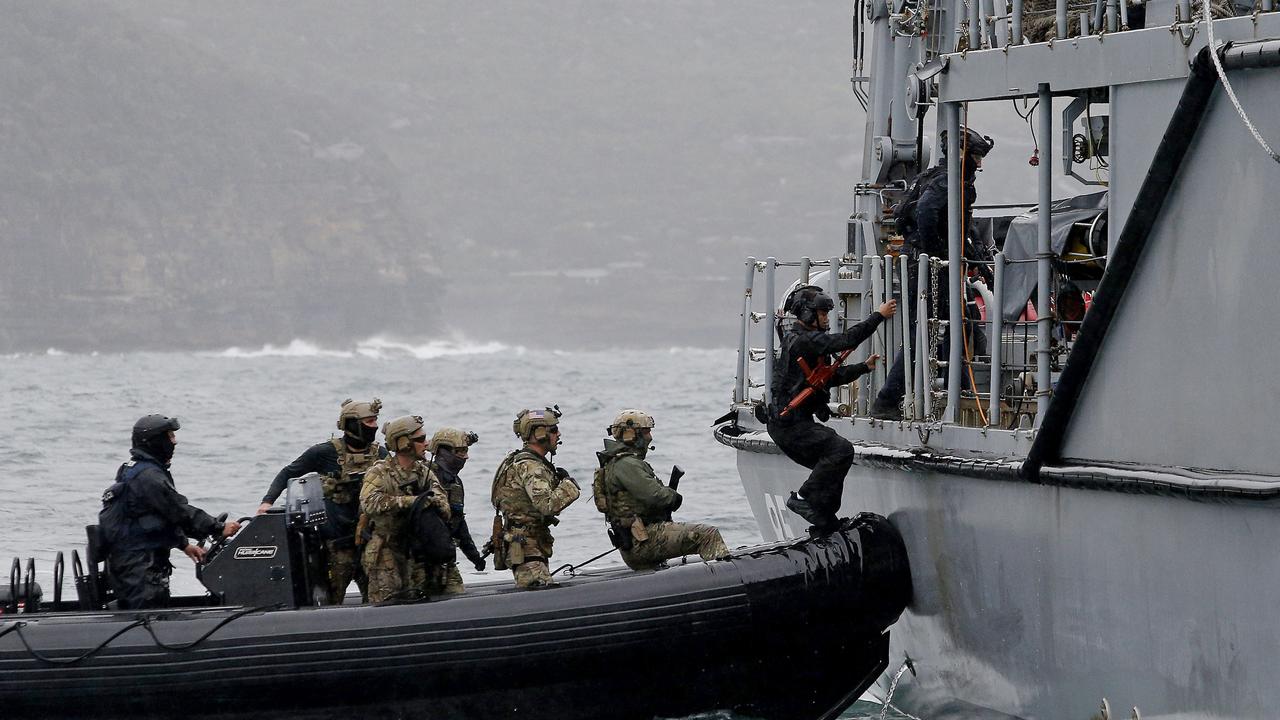‘Back to the Stone Age’: Chilling new threat in Israel-Hamas conflict could bring the whole region to its knees
A chilling element playing out in the Israel-Palestine conflict could bring the entire region to its knees, spark all-out war and force the involvement of America.
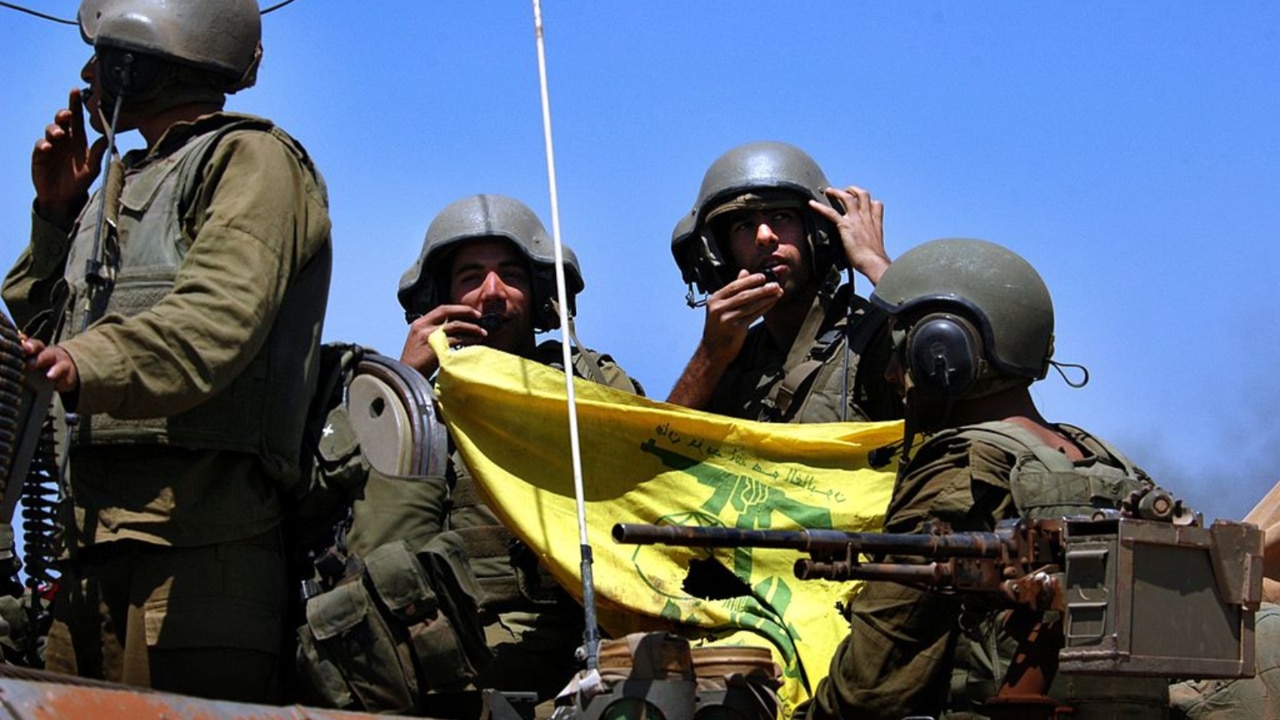
A chilling new element in the Israel-Palestine conflict could bring the entire region to its knees, spark all-out war and force the involvement of the United States, experts warn.
The Israeli Defence Force says it’s preparing an imminent ground offensive in Palestine after days of air strikes on the crippled region.
While its mission is to rid Gaza of Hamas’ leaders, the military action has caused a significant loss of life, including many civilians, and sparked outrage across the Middle East.
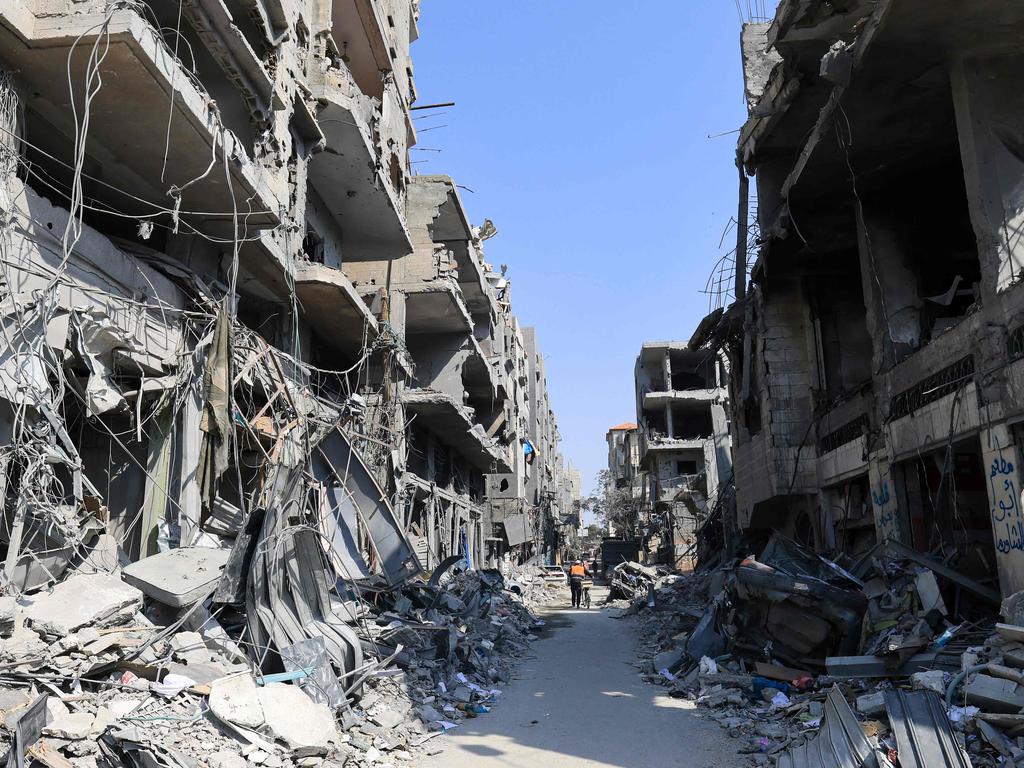
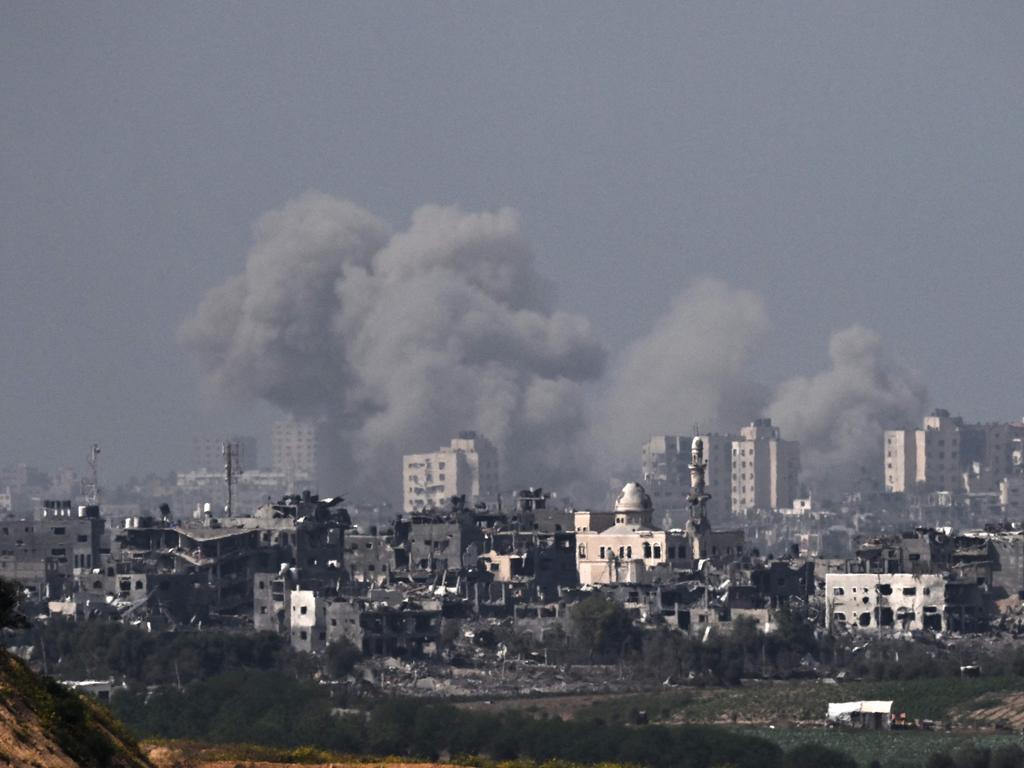
In neighbouring Lebanon, the Iran-backed militant group Hezbollah has vowed to go to war if Israeli troops are to enter Gaza.
Experts say that would spark disaster for the Lebanese people and inevitably have broader and deadly ramifications for the entire region.
Hezbollah has been gearing up for action from the moment Israel launched retaliations against Hamas for the terror attacks on October 7. Rockets fired from inside Lebanon have killed dozens and forced the evacuation of Israeli locals.
But Nicholas Blanford, a senior fellow at the nonpartisan think tank Atlantic Council, said that’s just a small preview of what could be to come.
Lebanon’s involvement in the Israel-Hamas conflict “could trigger a full regional war” that leaves the West with no choice but to become involved, he warned.
“With the unprecedented and deadly Hamas assault on Israel and Israel’s punishing response on Gaza, the Arab-Israeli conflict has entered uncharted, unpredictable and extremely dangerous waters,” he said.
“The coming days will determine whether the region heads to a full-scale war.”
‘Unification of the fronts’
Hezbollah has in the past spoken of its so-called “unification of the fronts” military strategy, which defence analysts say would involve an Iran-sponsored formation surrounding Israel.
Mr Blanford said it could see a “closer co-ordination between anti-Israel groups such as Hezbollah in Lebanon, Hamas, and Palestinian Islamic Jihad, along with myriad other Iran-backed groups in Syria, Iraq and Yemen”.

An Israeli ground offensive in Gaza would be the trigger for such a dire reality unfolding, Michael Young, the senior editor at the Malcolm H Kerr Carnegie Middle East Centre in Beirut, predicted.
“Hezbollah’s priority would be to open a second (and maybe a third and fourth) front against Israel to halt the Israelis’ momentum,” Mr Young wrote for The National.
“In doing so, it would bring in armed militias from Iraq and perhaps Yemen to bolster its forces, which could widen the scope of operations.
“Once that happens, it would mean a radical intensification of the conflict and the very real prospect that it mutates into a regional war. Under those circumstances, Israel’s military actions may come to encompass Iran, which could draw in the US, leading to an extremely dangerous situation globally.”
Realistically, neither Hezbollah nor Israel really wants a war, Mr Blanford said, knowing that the consequences would be serious.
However, an escalation of tensions could see individual clashes evolve into several days of sustained fighting, and that scenario would raise the “risk of miscalculation”.
“In such a scenario, Hezbollah’s Radwan Brigade might mount its own cross-border raids – it has been training for such operations since at least 2007,” said Mr Blandford.
“In response, Israel might launch air strikes on Lebanese infrastructure targets and stage limited armoured incursions across the Blue Line.”
The Blue Line is a term the United Nations uses to describe the demarcation between Lebanon and Israel.
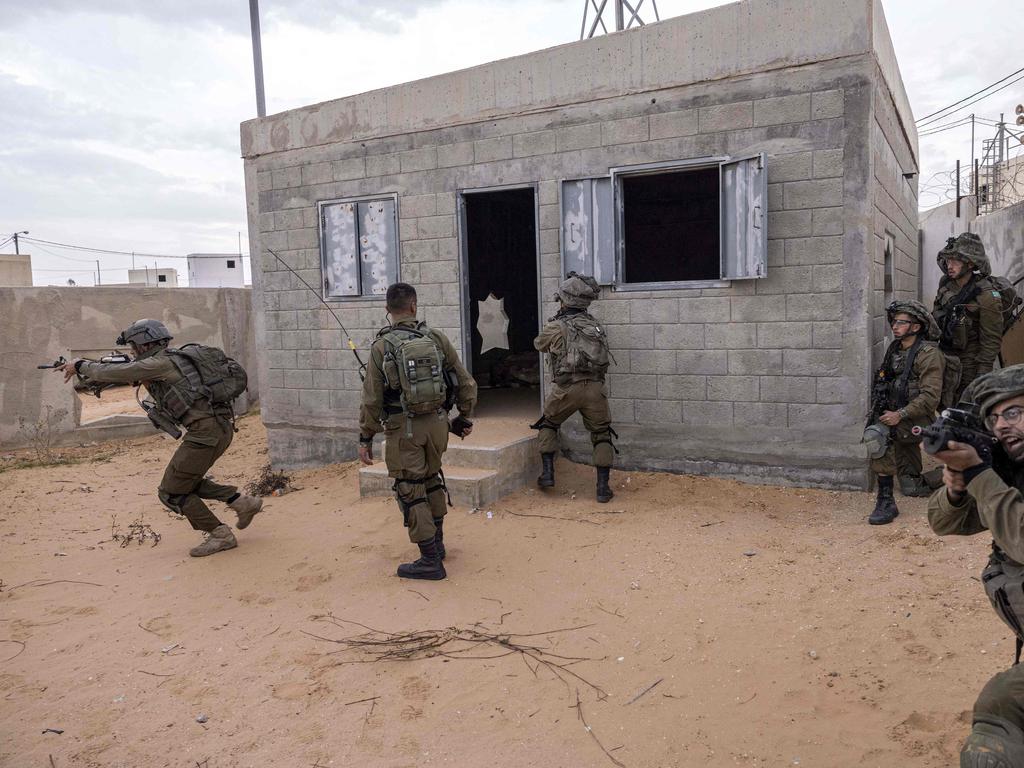

“After, say, five days of fighting, Hezbollah’s military commanders might assess that Israel is on the brink of launching a major pre-emptive strike against the organisation’s arsenal of long-range precision-guided missiles,” Mr Blanford added.
“They might then recommend to the group’s leadership that a mass missile attack must be launched against targets across Israel before the weapons can be destroyed, a case of ‘use them or lose them’.
“Such a move would guarantee all-out war. By the same token, the Israelis might conclude that, after five days of fighting, Hezbollah is about to launch its missiles toward Israeli cities and that Israel must launch a pre-emptive strike, thus guaranteeing a full war that neither side had sought.”
‘Back to the Stone Age’
Should Hezbollah become involved in the Israel-Hamas conflict, Tel Aviv has vowed to respond in such a way that it sends Lebanon “back to the Stone Age”.
That was the warning from Israeli Defence Minister Yoav Gallant in a video message, in which he vowed to “use all our power [to] erode every inch of Hezbollah and Lebanon if we have to”.
“If an escalation or conflict develops here, we will return Lebanon to the Stone Age. Don’t mistake us, we don’t want war, but we are ready to protect our citizens, our soldiers and our sovereignty.”
Hezbollah’s chief Sayyed Hassan Nasrallah quickly responded, saying Israel “will also go back to the Stone Age”.
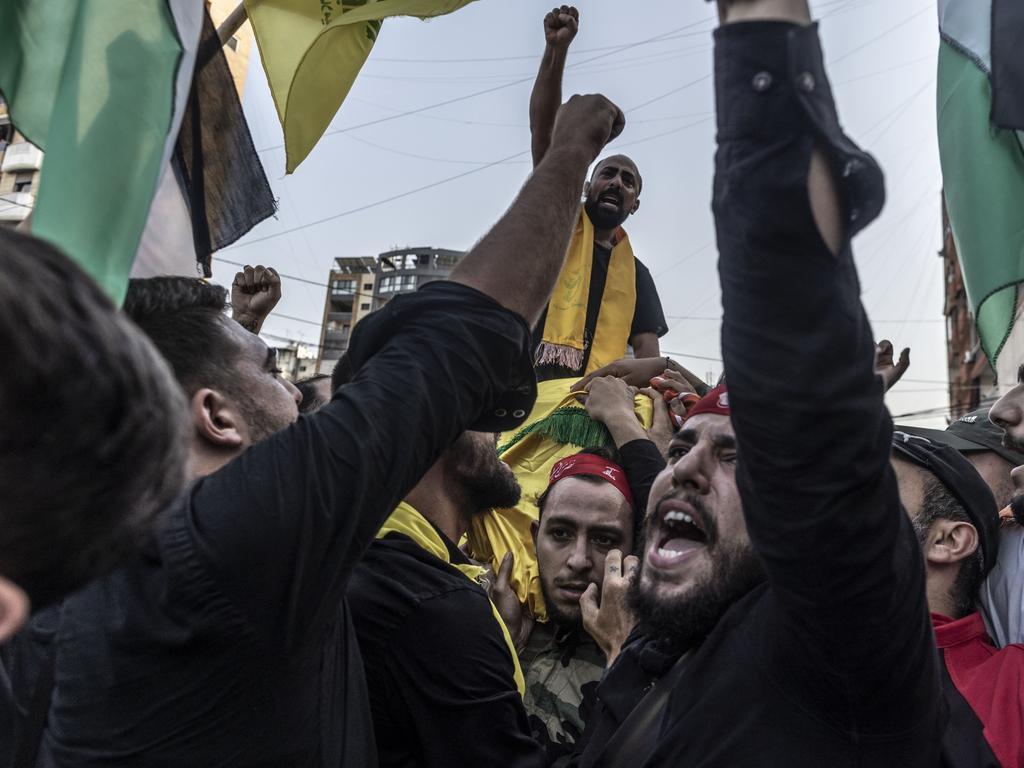
Nasrallah said it would only take “a few high-precision missiles” to decimate targets in Israel – seemingly a chilling reference to its support from Iran.
The US State Department acknowledges that Tehran provides most of Hezbollah’s weapons, training and finances, making it a well-resourced militia group with a sizeable army.
It has an arsenal of 150,000 precision-guided missiles and hundreds of long-range rockets that can reach every part of Israel.
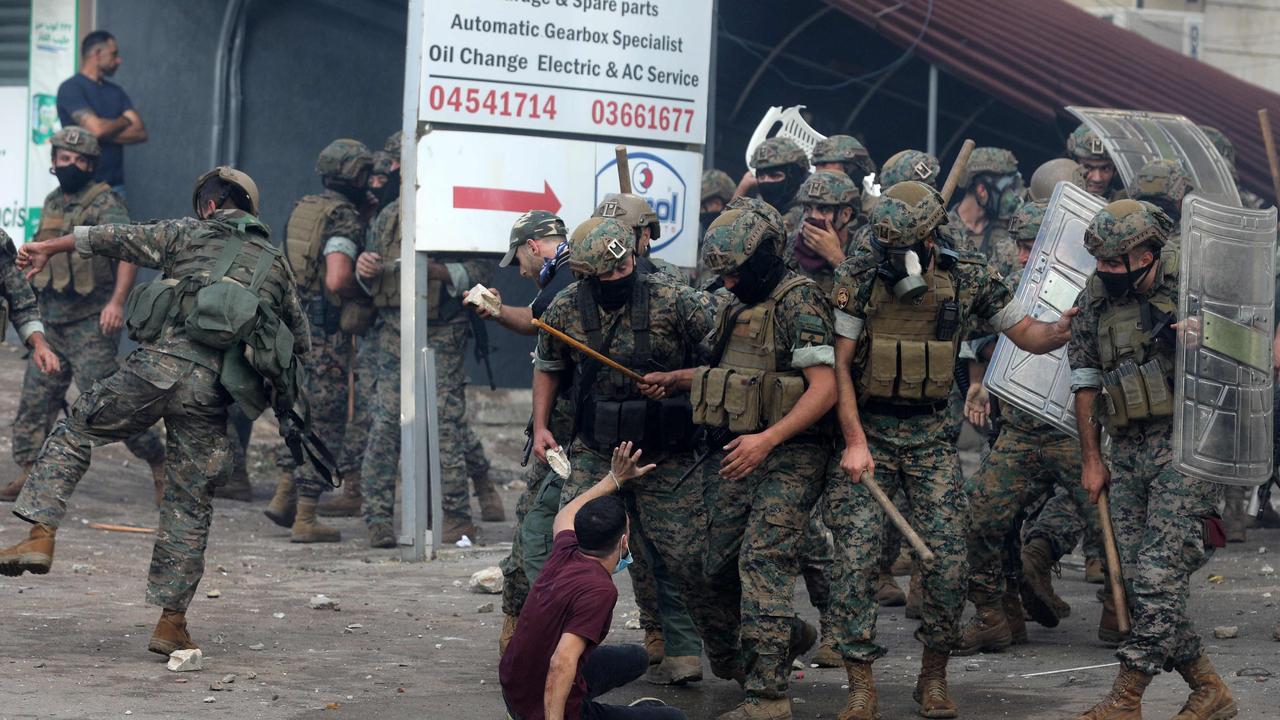
A report in The Wall Street Journal earlier this month alleged Iran helped Hamas to plot its attacks on Israel on 7 October, citing senior members of Hezbollah as its sources.
The sources said a meeting between Hamas leadership and Iranian officials was held in Beirut just days before the co-ordinated attacks, which killed almost 1400 people, including women and children.
Disaster for Lebanon
Lebanon is already “teetering on the edge of economic and political collapse”, Asher Kaufman, a history professor from the University of Notre Dame said.
“Hezbollah’s decision whether to fully join the war may answer a question that has been preoccupying analysts of the organisation for decades,” Professor Kaufman wrote for The Conversation.
“Is its priority the wellbeing of Lebanon or acting as a proxy for Iran?”
Should Hezbollah choose to honour its allegiance to Tehran, he said “Lebanon itself would move closer to the brink of absolute and irreversible collapse”.
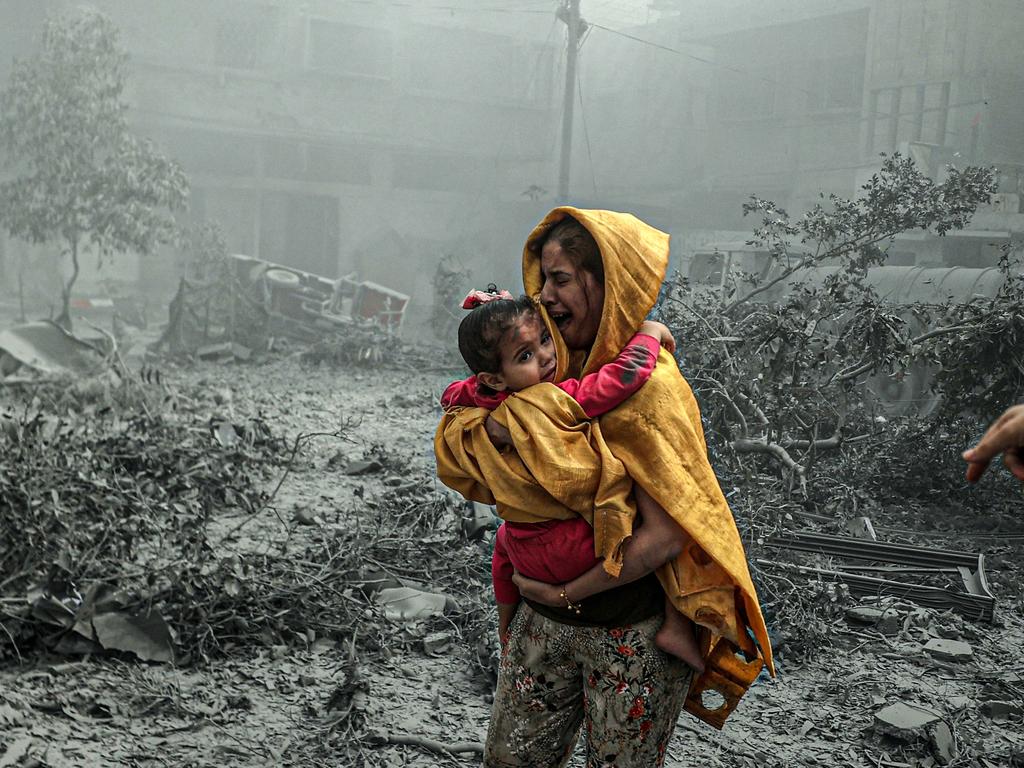
Professor Kaufman explained that Lebanon and its politics are dominated by a sectarian system that sees government and state positions divided among 18 officially recognised religious sects in the country.
Sunnis, Maronite Christians, Druze and Shiites, among others, each have a mandated representation in government.
“Today, the Shiite population is the largest sect in the country, making up 30 per cent to 40 per cent of the general population – but no exact figure is available because the sensitivity of the matter has meant no official census has been conducted since 1932,” Professor Kaufman said.
After Hezbollah formed in the early 1980s, it grew to become “the country’s strongest political, socio-economic and military force”.
“This is due to the support of Iran and a strong and cohesive internal social structure among its Shiite followers in the country. Not all Shiites identify with Hezbollah, but no doubt many of them sympathise with its causes.”
Its own military force is far stronger than Lebanon’s and the militant group provides its own forms of social, economic and education services to Shiites, he added.
A regional tinderbox
For a long while, Lebanon enjoyed a period of stability and vitality, but the meltdown of its economy in 2019 sparked severe civil unrest. Its political system is now “gridlocked”.
“Some already see Lebanon as a failed state, so the last thing the country needs is to become part of another war,” he said.
Hezbollah holds significant political and social sway in Lebanon.
When Hamas claimed Israel had deliberately bombed a hospital in Gaza last week, which it said killed hundreds and injured scores more, Hezbollah leaders encouraged civil unrest in Lebanon.
Ugly protests broke out across Beirut, but similar demonstrations were also inspired in several other countries in the region, from Jordan and Iran to Syria and Yemen.

Israel has said it has intelligence proving the hospital blast was the result of a misfiring rocket launched at Tel Aviv by the terror group Islamic Jihad.
Regardless of the cause, the furious response shows Hezbollah is itching for a fight.
The European Council on Foreign Relations said it would take “concerted diplomacy and considerable luck” to avoid a broader conflict in the region.
“An escalation in the conflict would upturn a fragile period of regional calm which witnessed a détente between Saudi Arabia and Iran, and Israel’s increasing normalisation with key Arab states,” it said.
“For now, regional players are keen to avoid a destabilising conflict which would threaten their own delicately balanced interests. Europeans should urgently join forces with them to support preventive diplomacy before it is too late.”

